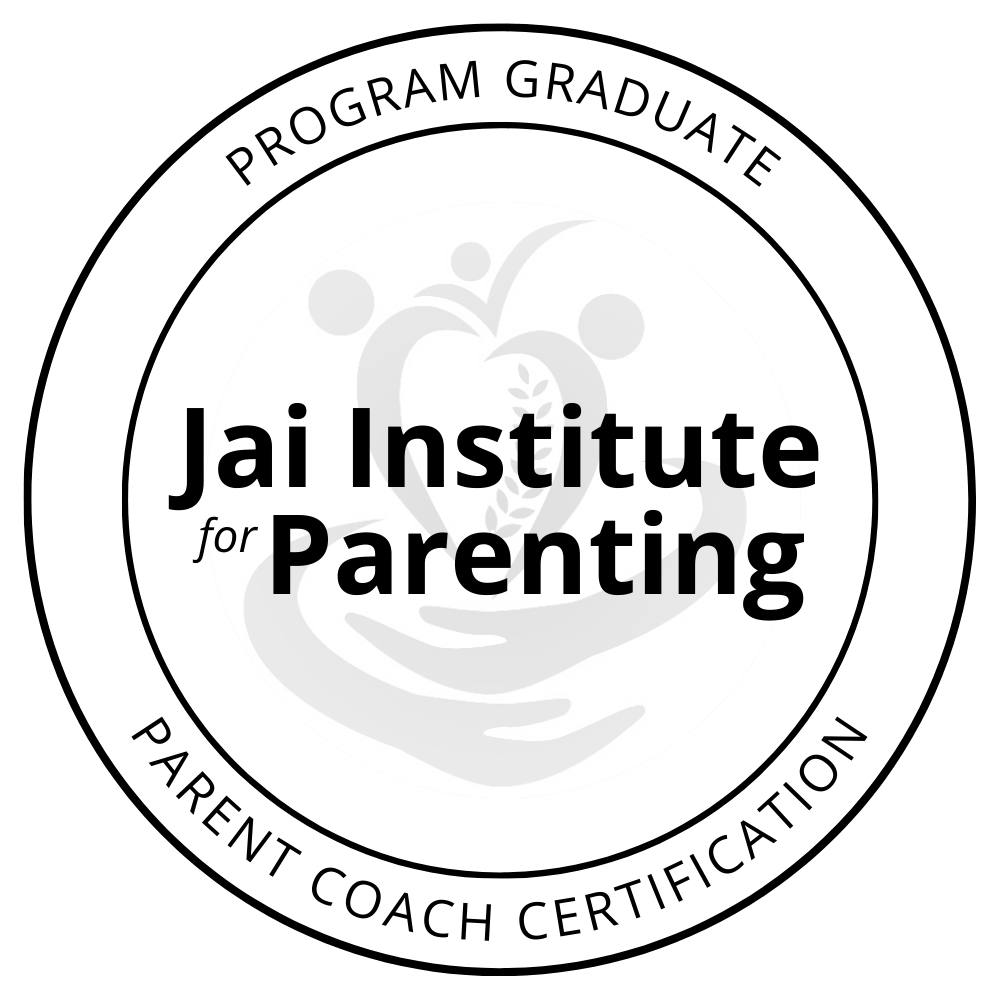Parenting is a journey unlike any other. It’s a mix of joy, challenges, and moments that shape not only our children but also ourselves. An important part of my work as a parent coach is delving into how our own childhood experiences and how we were parented influence the way we parent today.
Understanding Attachment Styles
Think back to your own childhood. How did you feel when your needs were met promptly? How about when they weren’t? These early interactions with our parents and caregivers lay the foundation for our attachment styles - the emotional bonds we form with others. Whether we felt secure, anxious, avoidant, or disorganized attachment shapes how we relate to our own children.
Securely attached children tend to grow into parents who are responsive to their children’s needs, creating a nurturing cycle of trust and empathy. On the other hand, those who experienced inconsistent caregiving might struggle with their own emotional responses or find it challenging to attune to their children’s (and their own!) emotions.
Maybe you’ve noticed patterns in your own parenting that mirror your relationship with your parents. Perhaps you find yourself reacting in ways you swore you never would. This awareness is powerful and gives you the opportunity to pause, reflect, and choose a different response. When we take the time to understand how our own upbringing and attachment styles influence our parenting, we can start to make conscious choices about how we want to show up for our own kids.
The Impact of Nervous System Regulation
Now, let’s talk about stress - something every parent is familiar with! Our ability to regulate our nervous system during high-stress moments significantly impacts our interactions with our children. Picture a chaotic morning rush or your toddler’s meltdown in a crowded grocery store. These are the moments when our nervous systems are put to the test!
Parents who can stay calm amidst the storm, who can regulate their own emotions when others are dysregulated, are better equipped to support their children through difficult emotions and experiences.
But it's not about being perfect - it’s about being present and responsive in ways that foster connection and understanding.
Building Resilience and Connection
So, how do we create the kind of parent-child relationship we aspire to? It starts with self-awareness and self-compassion. Recognizing our triggers and practicing techniques to regulate our own emotions - whether it’s deep breathing or saying a mantra - can make a world of difference!
And when we prioritize our own nervous system healing, we not only model resilience for our children but also create a safe space for them to express themselves authentically. They get to learn that their emotions are nothing to be afraid of. This understanding lays the groundwork for our kids' healthy emotional development and strong, secure attachments.
Embracing the Journey
Parenting is a journey of growth, for both parents and children, and isn't just about rules and discipline. It's so much more than that. It's about learning from our experiences, embracing imperfection, and cultivating compassion every step of the way. It's about our relationships. By understanding how our own childhood experiences and attachment styles influence our parenting, we empower ourselves to create meaningful connections within our families, and in the process, we give our kids the gift of secure attachment.





